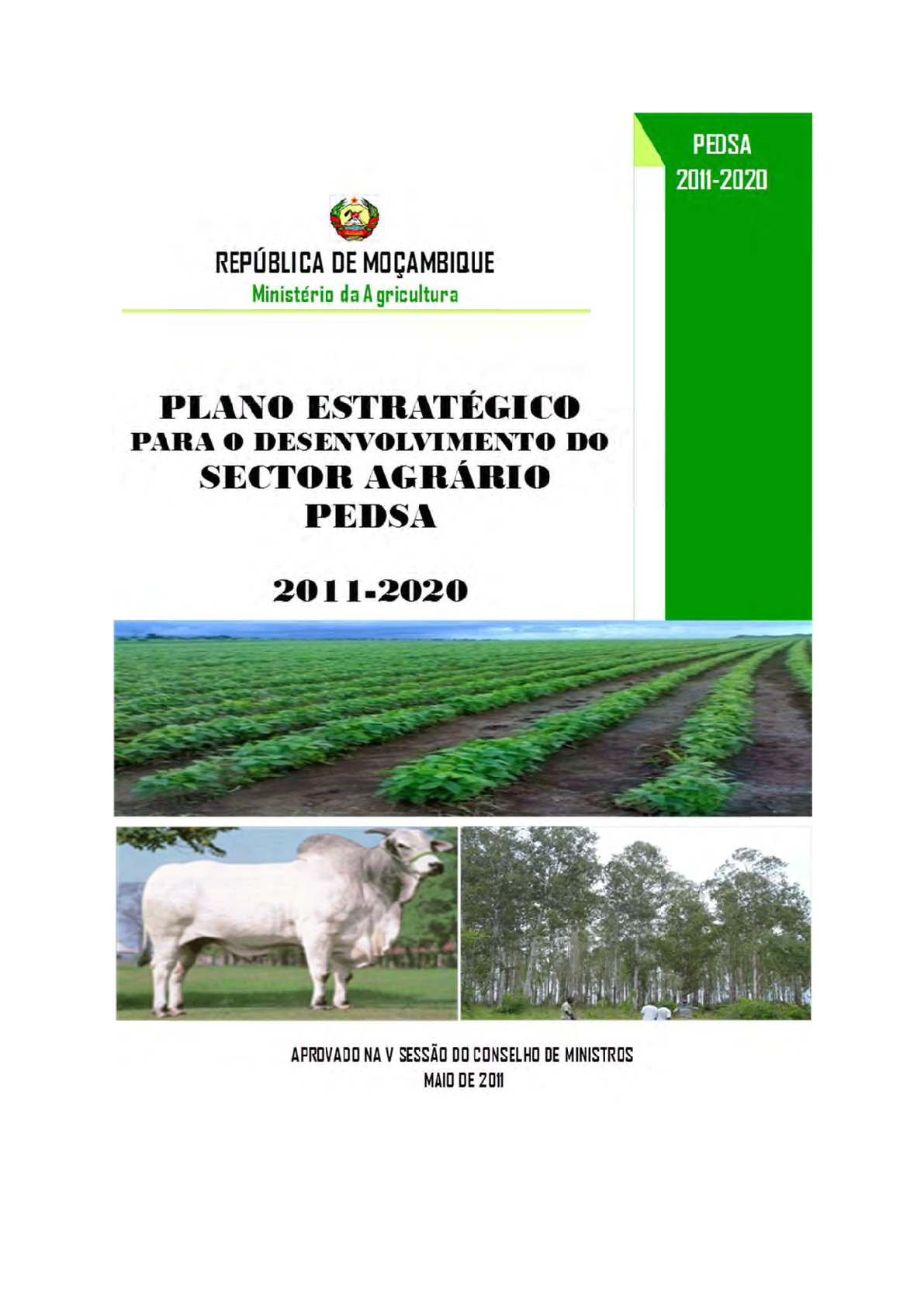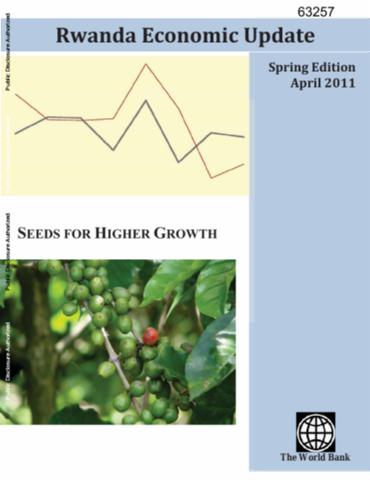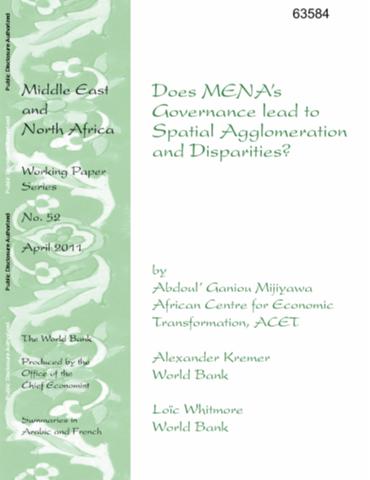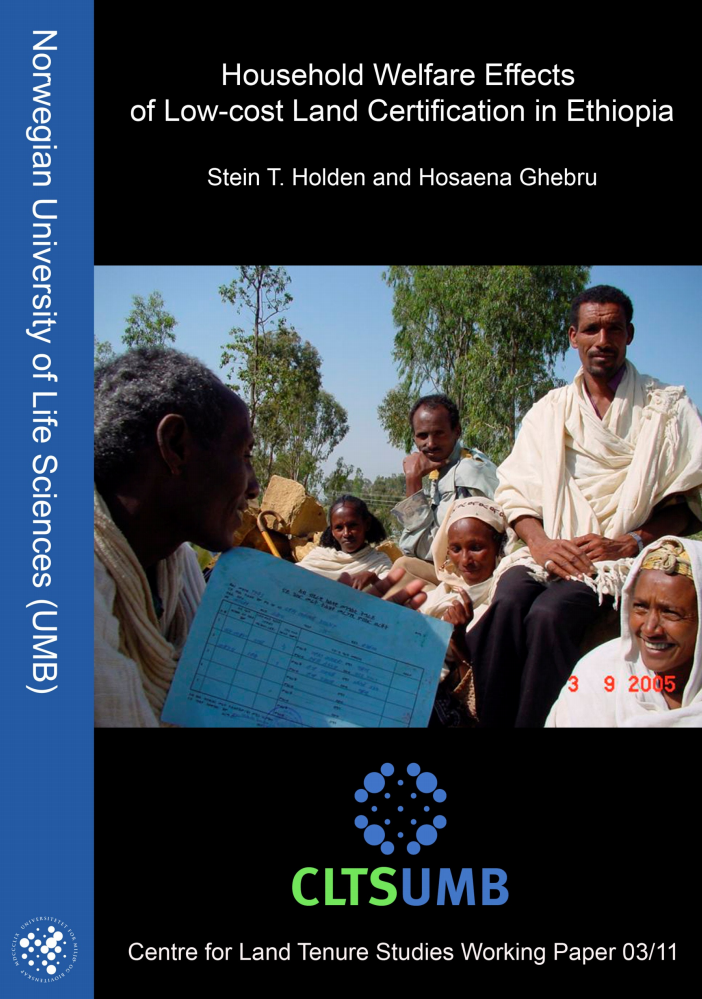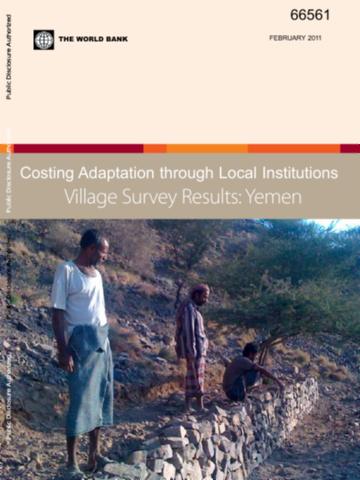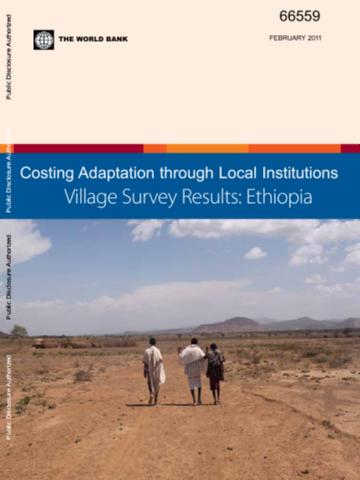Plano Estratégico para o Desenvolvimento do Sector Agrário (PEDSA 2011-2020)
O Desenvolvimento Agrário tem sido desde sempre uma prioridade para Moçambique. Em 1998, o Governo em colaboração com os principais parceiros desenhou o Programa de Desenvolvimento da Agricultura (PROAGRI I) com o objectivo de melhorar a coordenação das intervenções públicas na agricultura e orientar os investimentos..

